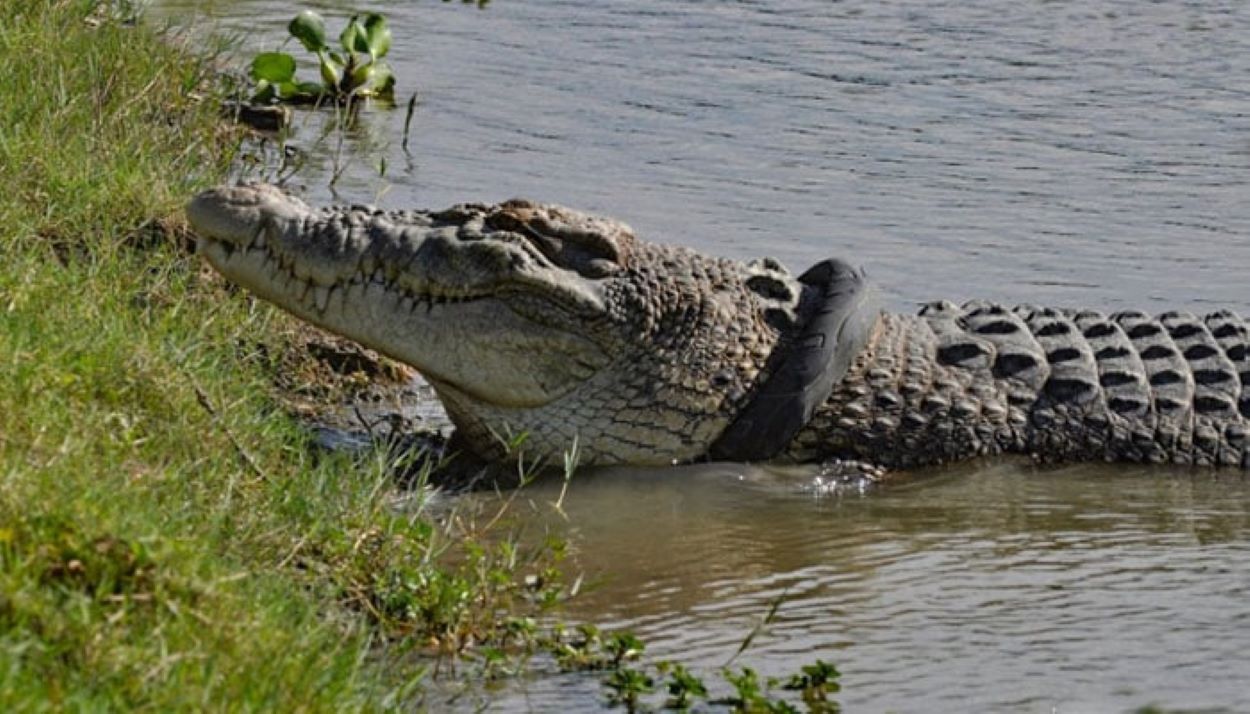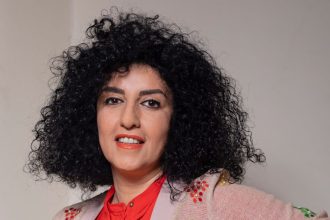Residents near the Dasht River in Balochistan’s Kuntani Hor region recently captured a marsh crocodile, raising conservation concerns for the species in Pakistan.
The crocodile, identified as Crocodylus palustris and over four meters long, was restrained by villagers and tethered to a wooden pole about 20 kilometres north of Jiwani on the Balochistan coast.
Crocodiles are commonly seen in several coastal rivers of Balochistan, such as the Hub, Hingol, Basul, and Dasht. These rivers support robust crocodile populations, often hosting individuals exceeding four meters.
Local communities in Sindh and Balochistan generally hold crocodiles in high regard, attributing their religious significance. Conflicts occasionally occur when crocodiles venture into inhabited areas, prompting rare but decisive action from locals.
Muhammad Moazzam Khan, a Technical Advisor at WWF-Pakistan, pointed out the fragile crocodile populations along Balochistan’s rivers, especially in the Hingol and Basul rivers. He noted that WWF-Pakistan acted promptly, sending a team to Kuntani and coordinating with the Balochistan Wildlife Department to ensure the crocodile’s safe release.
Sudheer Ahmed, a Field Officer with WWF-Pakistan, advised locals against close interactions with the captured crocodile due to its aggressive potential, highlighting the importance of preserving such apex predators.
Khan emphasized the need for community education to protect Pakistan’s crocodiles, listed as vulnerable on the IUCN Red List. He cited habitat degradation and human-wildlife conflicts as significant threats to these animals, exacerbated by their distribution across diverse and challenging environments.






